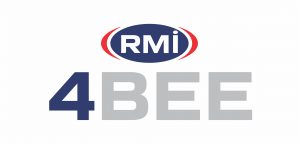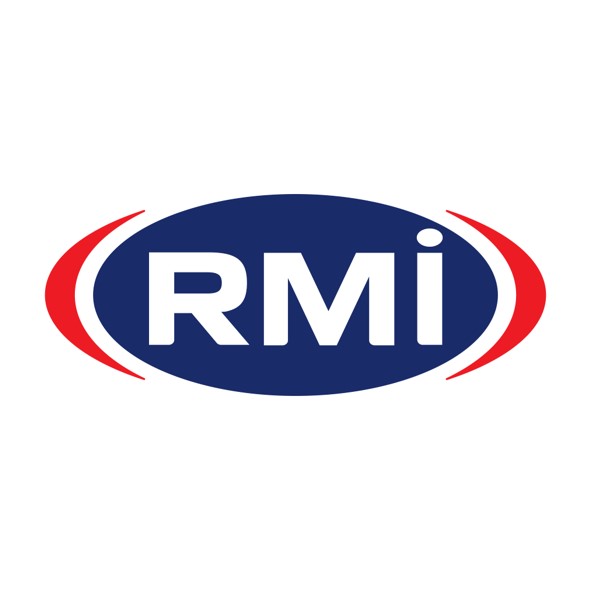The RMI engaged with the Department of Trade, Industry and Competition (DTIC) in respect of the gazette referenced above and in the process sought clarification on what constitutes the measurement period of a measured entity. The DTIC confirmed that the gazette was a draft only, a final and legally binding version was never published and that the intent and purpose of the draft is to be found elsewhere in the relevant legislative provisions.
The DTIC further confirmed as follows: “The Measurement Period can only ever be the financial year of the Measured Entity. Any other period elected would fall short of the requirements detailed in the Verification Manual”.
By way of clarification, section 10.1.3 of the 2008 Verification Manual provides that “In order to determine if the Measured Entity is classified correctly the Verification Agency shall obtain the audited financial statements and agree the amount recognised as Revenue to the thresholds set by the Codes”. While this particular provision references thresholds as opposed to ‘measurement period’, an interpretation which separates the classification of measured entities from the measurement period is illogical as such would violate several principles of the Verification Manual, such as:
-Turnover is used not only in the determination of Generic, QSE and EME status but also the applicability of a sector code of good practice. As such, non-alignment of that determination with the measurement period would constitute a significant material risk of misstatement that translates into Verification Risk.
-The materiality inherent to the risk highlighted above means its reliability is insignificant, in turn scaling the appropriateness of such evidence (i.e. the misaligned financial period) down to almost zero.
-Verification is intended to reduce the risk of misstatement, as such any interpretation on provisions contained in the Manual needs to favour an approach which speaks to the values of an ‘interactive, systematic verification process’ and consistency of application.
In “Criteria for Verification Engagement” the Verification Manual expressly provides for “any other legislation or regulation as provided for in the Codes” to be used as criteria when evaluating the Measured Entity. The Companies Act is referenced in the Codes – as such the definition of “financial statements” found in the primary legislation finds application. It defines financial statements as:
(a) Annual financial statements and provisional annual financial statements;
(b) Interim or preliminary reports;
(c) Group and consolidated financial statements in the case of a group of companies; and
(d) Financial information in a circular, prospectus or provisional announcement of results, that an actual or prospective creditor or holder of the company’s securities, or the Commission, Panel or other regulatory authority may reasonably be expected to rely on The Companies Act, in Section 30, demands the Annual Financial Statements of a company to follow its financial year.
1.Ownership
-Verification Agents must obtain the Audited Annual Financial Statements of the Management Company of a Trust; and
-Sale of Assets Verification – previous year Annual Financial Statements needed.
2.Skills Development
-Verification Agents must ensure that skills spend claimed is in line with Annual Financial Statements; and
-Verification Agents must ensure the Leviable Amount is aligned to the Annual Financial Statements.
3.Preferential Procurement
-Verification Agents must compare Cost of Sale, Operational Expenditure and Capital Expenditure to Audited Financial Statements.
4.Enterprise Development
-Verification Agents must obtain Audited Financial Statements.
5.Socio Economic Development
-Verification Agents must obtain Audited Financial Statements.
The RMI would like to re-iterate that in the event of audited financial statements not being available for the Measurement Period, provisional annual financial statements, Interim or preliminary reports and management accounts for the same period can be used. This usually requires additional procedures and costs to verify the accuracy and completeness of the financial statements.
Not all entities are required to produce Audited Financial Statements and even for those who do, it can in some instances take up to 18 months to complete. Entities should be aware of the option to use provisional annual financial statements, Interim or preliminary reports and management accounts if the need arise to measure its B-BBEE compliance earlier.
If you have any questions or queries in this subject regard, please do not hesitate to contact the undersigned, or alternatively RMI4BEE on 066 292 0102.
It is suggested that Members share the content of this Newsflash with their respective B-BBEE Consultants in anticipation of verification.



